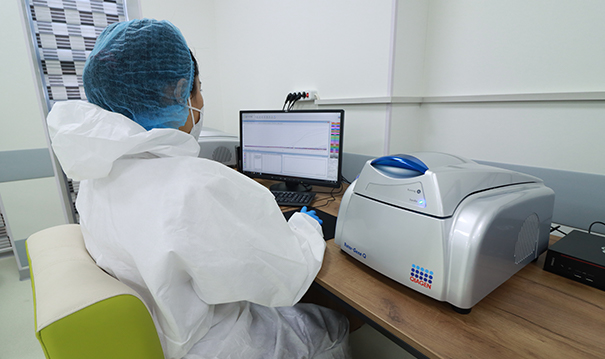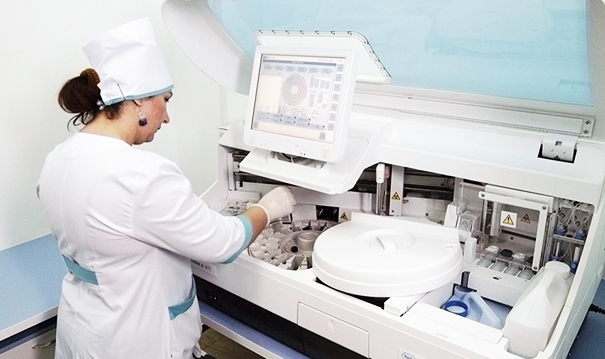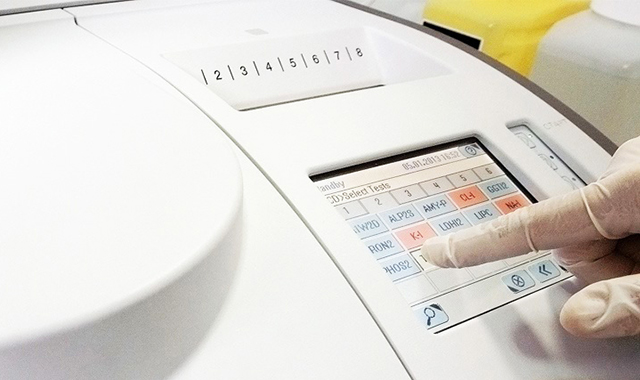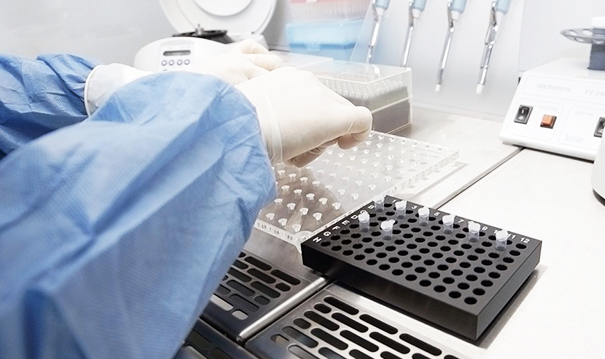Quality control tests
The basic rule of our work is high precision and high quality analysis.
The equipment is serviced by a LIS (Laboratory Information System) program, assigning the patient a bar code during registration. This ensures confidentiality of information and the ability to send the processed results of analysis to their place of sampling in electronic form. Using the barcode LIS program also eliminates the possibility of errors due to human factors.
All analyzers are installed in the Tibbiyot Dunyosi clinical diagnostic laboratory. Modern standards of diagnosis recommended by the World Health Organisation are adhered to. The equipment, reagents, calibrators and controls are registered with the Pharmacological Committee of the Ministry of Health of the Republic of Uzbekistan.
Daily internal quality control checks are carried out in the laboratory.
We perform external laboratory quality control with leading laboratories in Tashkent such as Salus Vita Medical Center, Power Energy Central Laboratory and others.
All control measures are recorded.
If necessary, the Tibbiyot Dunyosi Brigade conducts sampling of biological material at home or in the office. Biomaterial delivery to the laboratory is carried out according to strict rules and standards. Samples are transported using special containers which ensures the stability of the biological material, and therefore also the quality, reliability and accuracy of the results.
Working with samples in the PCR laboratory is carried out in a special box with special conditions and sterility. The DNA in the tube is prevented from entering the room in order to avoid false results for the other samples. All methods are highly sensitive and specific.
Shelf life of reagents is strictly controlled. Use of a reagent after its expiry date is forbidden. Test kits are used strictly for their intended purpose and in accordance with the instructions. Each test kit has its own serial number and mixing it with a different serial number is not allowed.
For each stage of research there are individual types of control. All data is stored in the computer and if necessary can be used in the preparation of test results that are questionable or if there are differences in the data obtained from other laboratories.
Quality control covers the entire process of the analysis, from the biomaterial intake, its transportation and storage up to the finished results. Thus, quality control is carried out at all stages of laboratory and diagnostic procedures in order to avoid incorrect results.
In the near future we plan to obtain the ISO 9001 standard for clinical laboratory diagnostics.
Implementation of external and internal quality control research gives us reason to ensure the accuracy of the research.





